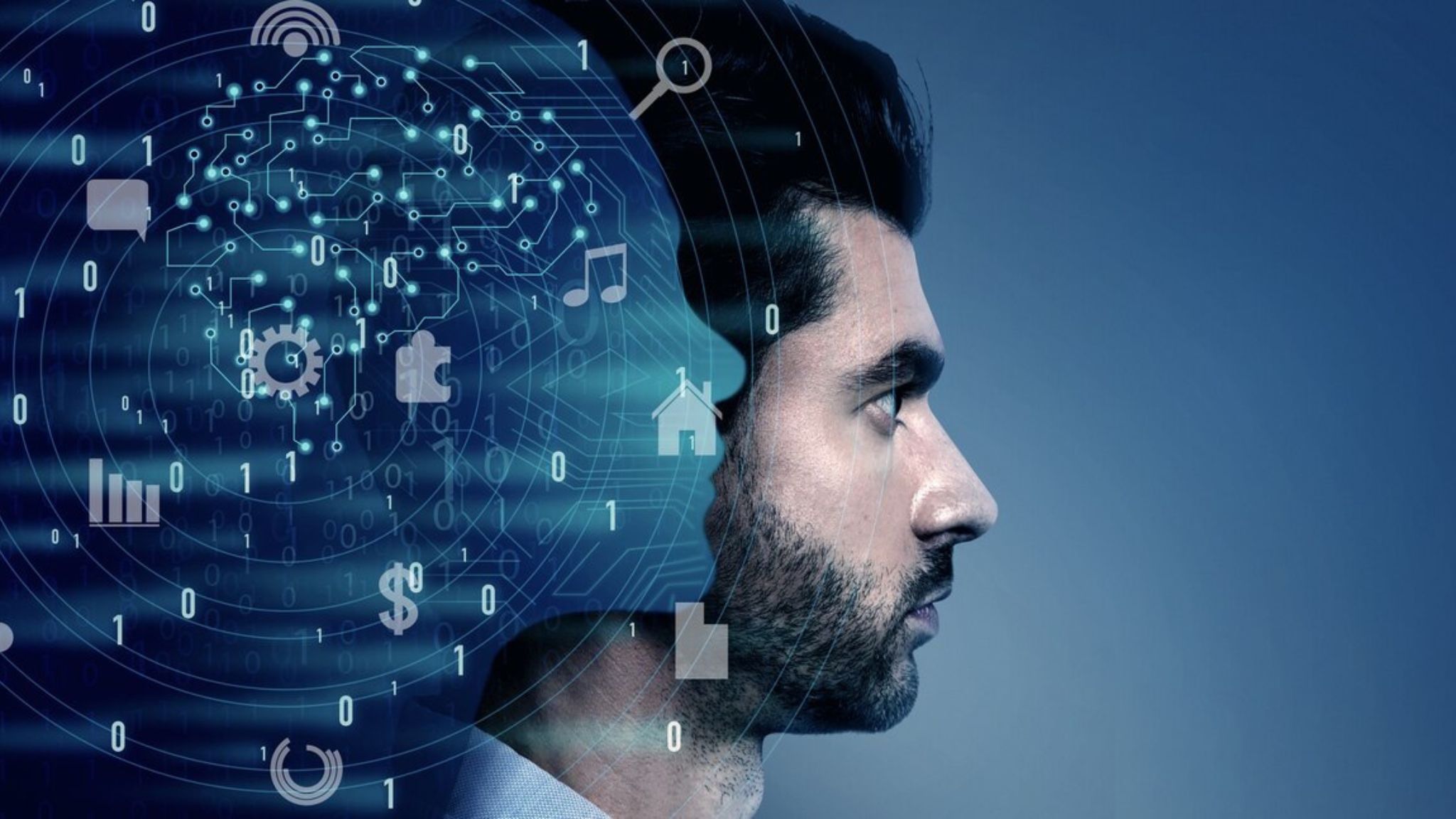In 2025, artificial intelligence (AI) is transforming industries, from healthcare to finance, and even our daily lives. But with this power comes responsibility, and ethical concerns are at the forefront. As AI systems become more autonomous and pervasive, issues like bias, privacy, and job impacts are not just technical—they’re deeply human. This article breaks down the top ethical concerns in AI development this year, offering clear insights for everyone, whether you’re a tech newbie or a seasoned pro. Let’s explore what’s keeping experts up at night and why it matters for our future.
Key Ethical Concerns in AI Development
Here’s a closer look at the major ethical challenges shaping AI in 2025, each with real-world implications:
Bias and Fairness: Ensuring AI Doesn’t Play Favorites
AI systems, trained on vast datasets, can inherit societal biases, leading to unfair outcomes. In 2025, this is especially critical in generative AI and medical applications, where bias can mean missed diagnoses for underrepresented groups. Research highlights three types: data bias (flawed training data), development bias (algorithm design), and temporal bias (changes over time), each risking inequality in hiring, lending, or healthcare.
Privacy and Data Security: Safeguarding Your Data
With AI gobbling up data, privacy is a minefield. Generative AI’s data leakage—where models accidentally expose personal info like patient details—is a major 2025 concern, violating privacy laws and eroding trust. As AI adoption grows in critical sectors, balancing innovation with data security is a tightrope walk, raising questions about who controls your information.
Job Displacement: Balancing Efficiency and Livelihoods
By 2025, AI automation is displacing jobs, with estimates suggesting 85 million roles could be affected, creating new tech-focused jobs but widening inequality if workers aren’t reskilled. Ethical AI development means companies must invest in training programs, ensuring a just transition rather than just cutting costs, impacting communities and economies.
Accountability and Transparency: Who’s to Blame When AI Errs?
Agentic AI—systems making autonomous decisions like booking flights or managing supply chains—is a 2025 game-changer, but who’s responsible if it messes up? Lack of explainability—why did AI decide that?—makes it hard to assign blame, especially in healthcare or law, where missteps can have life-altering consequences, challenging trust and legal frameworks.
AI Hallucinations: When AI Makes Things Up
An unexpected detail in 2025 is AI hallucinations, where AI generates false outputs, like chatbots giving wrong policies or legal AIs citing nonexistent cases. This poses risks in critical sectors, eroding accuracy and trust, and raises ethical questions about human oversight and ensuring AI doesn’t mislead, especially in high-stakes fields.
Environmental Impact: AI’s Carbon Footprint
AI’s energy use, especially with larger models, is another 2025 concern, emitting CO2 equivalent to several cars over their lifetimes. As climate change bites harder, developing AI ethically means balancing innovation with sustainability, using energy-efficient algorithms or renewables, impacting our planet’s future.
Survey Note: Comprehensive Analysis of Ethical Concerns in AI Development in 2025
As of April 2, 2025, the rapid advancement of artificial intelligence (AI) is reshaping industries and daily life, but it’s also raising profound ethical concerns. This detailed analysis, grounded in recent reports and expert insights, explores the top ethical issues in AI development for 2025, offering a comprehensive look for both lay readers and professionals. Let’s break down each concern, its implications, and how it fits into the broader ethical landscape.
Introduction and Methodology
To identify these concerns, we reviewed articles from reputable sources like TechTarget, ScienceDirect, and UNESCO, published in early 2025 or late 2024 with 2025 projections. These sources, such as a March 2025 update on generative AI ethics and a February 2025 study on medical AI bias, provide forecasts based on current developments. For instance, TechTarget’s list of 11 ethical concerns for generative AI, updated this year, offers a detailed framework, while ScienceDirect focuses on bias in medicine, reflecting sector-specific ethics.
Key Ethical Concerns in Detail
Here’s a deep dive into each concern, with examples and implications:
Bias and Fairness: The Risk of Inequality
- Description: Bias in AI occurs when systems, trained on datasets reflecting societal prejudices, perpetuate unfair outcomes. In 2025, this is amplified with generative AI and medical applications, where bias can mean missed diagnoses or discriminatory hiring.
- Types and Examples: A February 2025 study categorizes bias into three types: data bias (flawed training data), development bias (algorithm design), and temporal bias (changes over time, e.g., evolving clinical practices). For instance, an AI diagnostic tool in pathology might underperform for underrepresented ethnic groups, delaying treatments and sparking equity debates.
- Implications: This risks widening social inequalities, especially in critical sectors. Ethical AI development requires diverse datasets and ongoing bias audits, but implementation varies, with some companies lagging.
Privacy and Data Security: Navigating the Data Minefield
- Description: AI’s hunger for data raises privacy risks, especially with generative AI’s data leakage. In 2025, large language models might accidentally expose personal info, like patient details or corporate strategies, violating laws like GDPR.
- Examples: Cases include AI chatbots leaking sensitive data, leading to lawsuits and trust erosion. With AI adoption in healthcare and finance, the volume of shared data increases, heightening risks.
- Implications: Balancing innovation with privacy is crucial, requiring robust data governance and encryption. However, enforcement and global standards are still evolving, with tech firms experimenting with solutions.
Job Displacement: The Human Cost of Automation
- Description: By 2025, AI automation is displacing jobs, with the World Economic Forum predicting 85 million roles affected, creating new tech-focused jobs but risking inequality. Ethical concerns center on ensuring a just transition for workers.
- Examples: A major retailer automated warehouses in early 2025, cutting jobs but promising reskilling. Early reviews are mixed, highlighting gaps in delivery, impacting communities and economies.
- Implications: Companies must invest in training programs, but adoption varies, with some prioritizing profits over social responsibility, raising ethical debates about labor rights and economic disparity.
Accountability and Transparency: The Blame Game
- Description: Agentic AI—systems making autonomous decisions—is a 2025 trend, raising accountability issues. If an AI misdiagnoses a patient or cites fake cases in court, who’s to blame? Lack of explainability—why did AI decide that?—complicates matters.
- Examples: In healthcare, AI tools in diagnostics need clear accountability, especially with life-altering decisions. Legal cases, like lawyers fined for AI hallucinations citing nonexistent cases, highlight the need for transparency.
- Implications: This challenges trust and legal frameworks, requiring explainable AI models and clear responsibility chains, but global consensus is lacking, with ongoing debates on developer vs. user liability.
AI Hallucinations: The Accuracy Challenge
- Description: An unexpected detail in 2025 is AI hallucinations, where AI generates false outputs, like chatbots giving wrong policies or legal AIs citing nonexistent cases. This poses risks in critical sectors, eroding accuracy and trust.
- Examples: Air Canada’s chatbot giving incorrect refund policies and lawyers fined for citing fake cases are 2025 headlines, showing the ethical need for human oversight to ensure accuracy, especially in high-stakes fields.
- Implications: This raises questions about reliability, requiring robust verification processes, but current models struggle, with tech firms working on retrieval-augmented generation to mitigate, yet challenges persist.
Environmental Impact: AI’s Carbon Footprint
- Description: AI’s energy use, especially with larger models, is a 2025 concern, emitting CO2 equivalent to several cars over their lifetimes. As climate change bites harder, ethical AI development means balancing innovation with sustainability.
- Examples: Training a single AI model can have significant environmental impact, with tech firms exploring energy-efficient algorithms and renewables, but adoption varies, with some prioritizing speed over green practices.
- Implications: This impacts our planet’s future, requiring industry-wide commitments, but regulatory pressure and consumer demand are still building, with ethical debates on balancing tech progress and environmental responsibility.
Comparative Analysis and Case Studies
To organize the concerns, here’s a table summarizing key aspects:
| Concern | Description | Key Impact Area | Examples in 2025 |
|---|---|---|---|
| Bias and Fairness | AI perpetuating societal biases | Equity, Healthcare | AI diagnostic tool missing diagnoses in underrepresented groups |
| Privacy and Data Security | Data leakage from AI models | Privacy, Law Compliance | Chatbots leaking patient data, leading to lawsuits |
| Job Displacement | AI automating jobs, risking inequality | Labor, Economy | Retailer automating warehouses, mixed reskilling outcomes |
| Accountability and Transparency | Who’s responsible for AI decisions | Trust, Legal | Lawyers fined for AI citing fake cases |
| AI Hallucinations | AI generating false outputs | Accuracy, Trust | Air Canada chatbot giving wrong policies |
| Environmental Impact | AI’s carbon footprint and energy use | Sustainability, Climate | Large models emitting CO2, firms exploring green solutions |
Case studies, like the healthcare AI bias report and retailer job automation, illustrate real-world impacts, showing why ethics isn’t theoretical—it’s urgent.
Addressing the Concerns: Industry and Global Efforts
The good news? Efforts are underway. UNESCO’s hosting the Asia-Pacific Global Forum on AI Ethics in 2025, focusing on tools like Ethical Impact Assessments (EIA) to evaluate projects. Tech giants are adopting frameworks for transparency, like explainable AI, while regulations like the EU AI Act, fully implemented by now, set standards for high-risk AI. However, enforcement and global coordination are works in progress, with regional variations in adoption.
Conclusion and Recommendations
As we navigate April 2025, ethical concerns in AI development are about humanity’s future. From bias to privacy, job impacts to environmental costs, the stakes are high. Staying informed is key—follow updates from UNESCO (UNESCO AI Ethics Forum 2025), TechTarget (TechTarget Generative AI Ethics), and ScienceDirect (ScienceDirect AI Ethics in Medicine) for the latest insights. Whether you’re a developer, user, or just curious, your voice matters. Let’s make AI a tool for progress, not peril.













